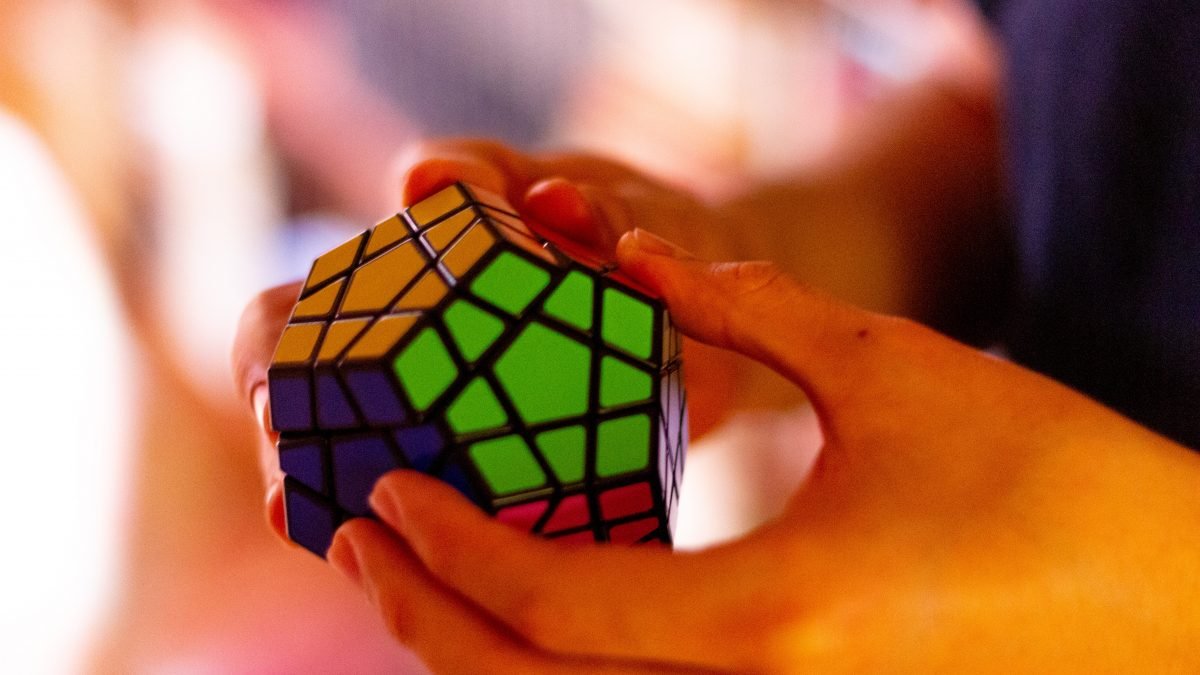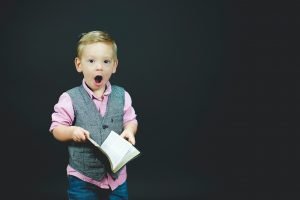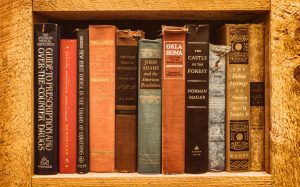The word "Probability" means how likely an event can occur. In mathematics, probability is a concept which originated in the 16th century when J. Cardan wrote 'The Book on Games of Chance'.
From here, other mathematicians, James Bernoulli, A. de Moivre and Pierre Simon Laplace made significant contributions. Laplace's book 'Théorie Analytique des Probabilités' is, till date, a great contribution done by a single person in history.
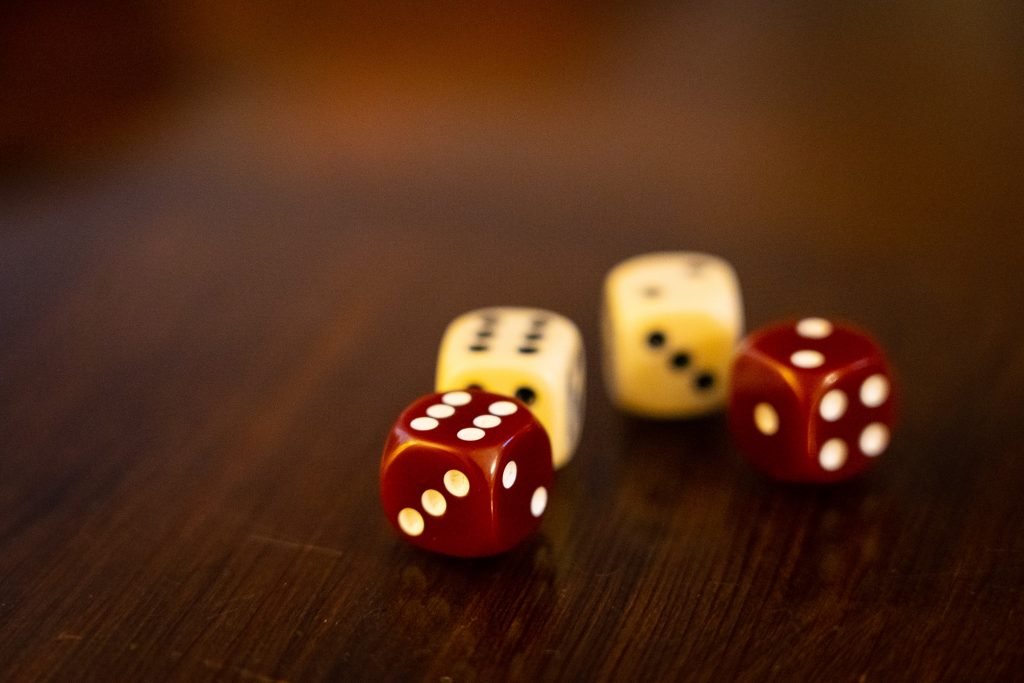

Probability helps to calculate the possible outcomes of any experiment and prepares the researcher to be ready for favorable or unfavorable circumstances and holds significance in almost all scientific fields.
Types of Probability
Empirical or Experimental Probability is the one which is based on factual outcomes. For example, statistician Karl Pearson made 24000 tosses of a coin and got 12012 heads. The experimental probability of getting a 'heads' was then calculated to be 0.5005 which was calculated using the formula:


This probability is, however, cumbersome and impractical because it is not possible to repeat the process. Therefore, Theoretical Probability is used. This is calculated by dividing the number of outcomes favorable to occurrence of a particular event 'E' by the total number of events. Let us simply this formula:


When you toss a coin you have two possible outcomes: heads or tails. The outcomes favorable to getting a heads 'E' is 1. Putting these values in the above mentioned formula:


Theoretical Probability is also called as Classical Probability and the condition to calculate it is that the possible events are equally likely.
Use of Probability Today
Probability, from the point of view of examinations is a very small topic but we use it in daily decisions without even realizing. The probability of your parents giving an ice-cream treat to you increases when you score well.
The air traffic synchronizes with meteorological department to study the possible effect of weather on daily commute and planning the flight schedules all over the world.
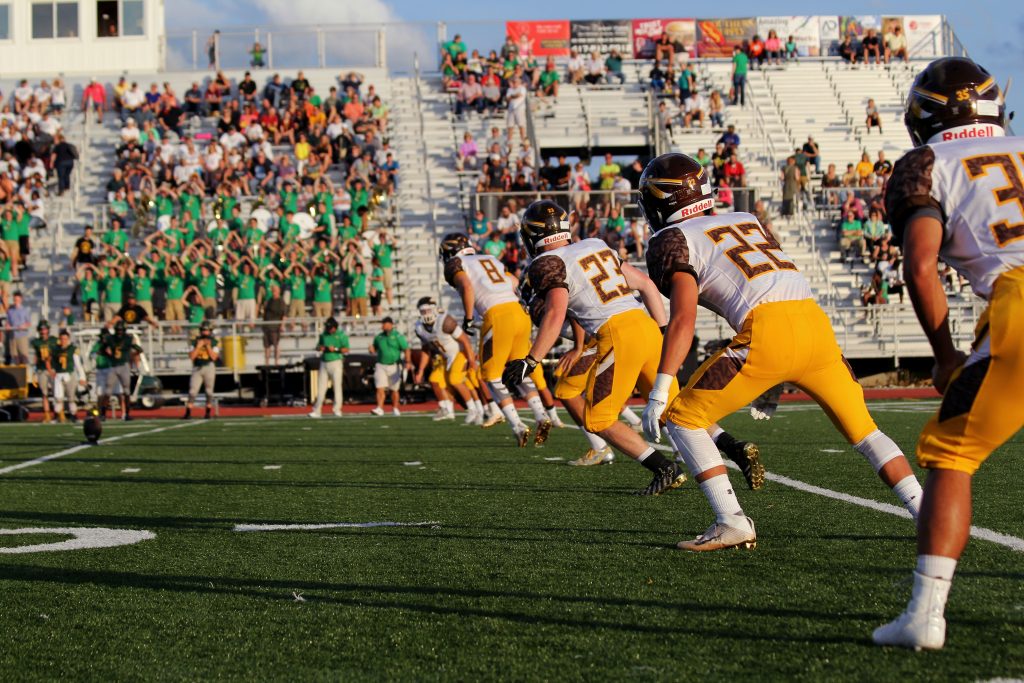

Sports events, depend heavily on possibilities so that the players do not panic and build strategy to tackle any situation in their favor. Big casinos use probability to calculate how to maximize their profit by engaging more customers by allowing a small number of them to win now and then.
From getting dressed to go out, weather forecasting till predicting natural disasters and being prepped up to rescue; probability is important and omnipresent.
